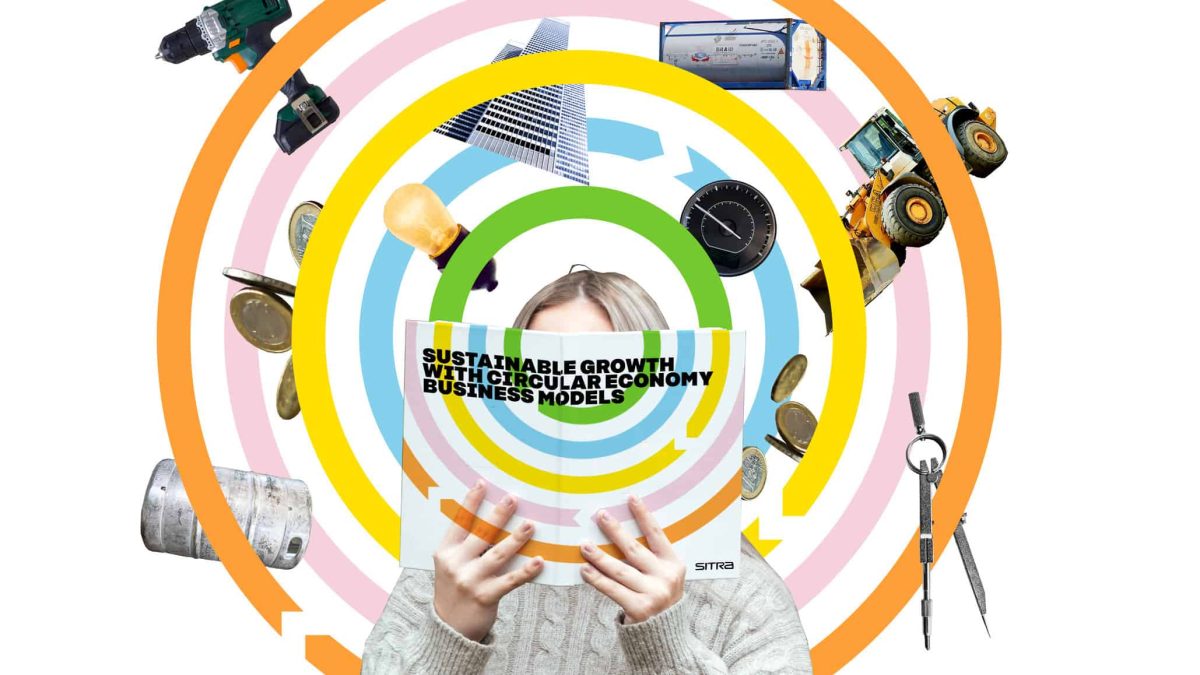The business world is transforming remarkably in an era where environmental concerns are paramount. The Rise of Sustainable Business Models is not just a trend; it’s a necessity. As the global community recognizes the urgent need to address climate change and environmental degradation, companies embrace sustainability as a core principle. This comprehensive guide’ll delve into the multifaceted aspects of sustainable business models, their impact, and why they are crucial in shaping a greener and brighter future.
Understanding Sustainable Business Models
Sustainable business models, often called “green” or “eco-friendly” business models, are strategies and practices companies adopt to minimize their negative environmental impact while maximizing economic and social benefits. These models emphasize responsible resource management, reduction of carbon footprints, and ethical decision-making.
The Environmental Imperative
Incorporating Sustainability
As climate change becomes an ever-pressing issue, businesses acknowledge their role in environmental conservation. The Rise of Sustainable Business Models is driven by the understanding that long-term profitability and environmental responsibility coexist. Companies are adopting environmentally friendly practices, such as reducing waste, conserving energy, and sourcing materials responsibly.
Reducing Carbon Footprints
One of the key tenets of sustainable business models is the reduction of carbon emissions. Companies are increasingly investing in renewable energy sources, adopting energy-efficient technologies, and implementing carbon offset programs to achieve carbon neutrality.
Eco-Friendly Product Development
Sustainability extends to the products themselves. Businesses are developing eco-friendly products that cater to a growing consumer demand for sustainable alternatives. From biodegradable packaging to electric vehicles, these innovations are reshaping industries.
The Economic Advantages
Cost Savings
Contrary to the misconception that sustainability is costly, sustainable business models often lead to significant cost savings in the long run. Energy-efficient operations, reduced waste disposal expenses, and lower resource consumption contribute to improved financial performance.
Market Competitiveness
Consumers are increasingly conscious of their environmental footprint and choose products and services from companies committed to sustainability. This shift in consumer behavior propels sustainable businesses to the forefront of market competitiveness.
Attracting Investment
Investors are recognizing the value of sustainable businesses. Companies with strong environmental and social governance (ESG) practices are more likely to attract investments, reflecting the financial community’s growing interest in sustainability.
The Social Responsibility Aspect
Ethical Practices
Sustainable business models prioritize ethical practices throughout the supply chain. Fair labor conditions, responsible sourcing, and community engagement positively impact society.
Community Engagement
Engaging with local communities is a hallmark of sustainable businesses. They invest in community development, support education, and participate in philanthropic initiatives, fostering goodwill and social cohesion.
Employee Satisfaction
Companies embracing sustainability often have higher employee satisfaction rates. Employees are proud to work for organizations that align with their values, enhancing productivity and retention.
The Role of Technology
Sustainable Innovation
Technology plays a pivotal role in advancing sustainable business models. Innovations like IoT (Internet of Things), AI (Artificial Intelligence), and blockchain enable companies to monitor and optimize their environmental performance.

Data-Driven Decision Making
Data analytics empower businesses to make informed sustainability decisions. By collecting and analyzing environmental data, companies can identify areas for improvement and track progress effectively.
Supply Chain Transparency
Blockchain technology enhances supply chain transparency, allowing consumers to trace the origin and journey of products. This transparency ensures ethical sourcing and minimizes the risk of environmental violations.
Overcoming Challenges
Initial Investment
Transitioning to sustainable business models may require initial investments in renewable energy systems, eco-friendly infrastructure, and employee training. However, the long-term benefits far outweigh these costs.
Regulatory Compliance
Adhering to ever-evolving environmental regulations can be challenging. Sustainable businesses must stay updated with legal requirements and adapt their practices accordingly.
Consumer Education
Educating consumers about the benefits of sustainable products and practices is an ongoing effort. Marketing and awareness campaigns play a crucial role in shaping consumer behavior.
Conclusion
The Rise of Sustainable Business Models is a testament to the evolving priorities of the business world. Sustainability is no longer a choice but a responsibility. Companies that embrace sustainable practices contribute to a healthier planet and position themselves for long-term success. By aligning economic interests with environmental and social well-being, sustainable business models pave the way for a greener and brighter future.

